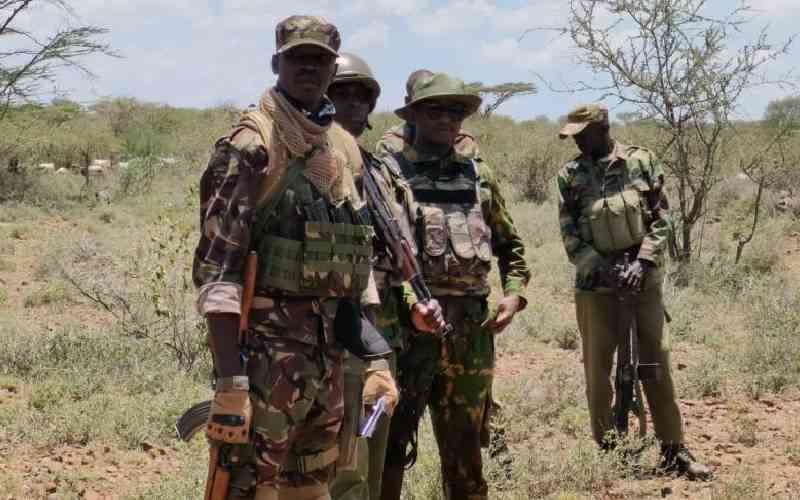
This week, President William Ruto announced that he was dispatching the Kenya Defence Forces (KDF) to conduct a joint operation with the Kenya Police in six counties that have experienced massive loss of life and destruction at the hands of butchers, bandits and cattle rustlers for decades.
In the last six months alone, over 100 civilians and sixteen officers have been slain by the ruthless killers, according to Interior CS Kithure Kindiki. For residents of affected areas there must have been a mixture of relief and trepidation at the announcement. Yes, the long-suffering citizens desperately want protection but they may well wonder at what price; how will the operation be conducted and how will it end up?